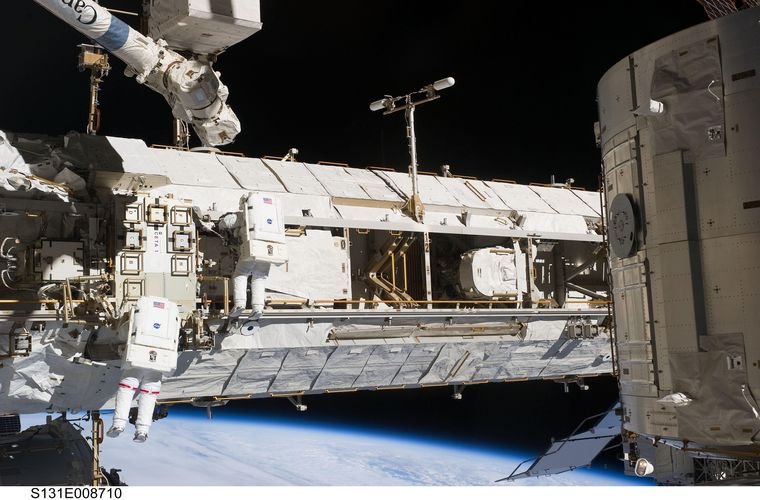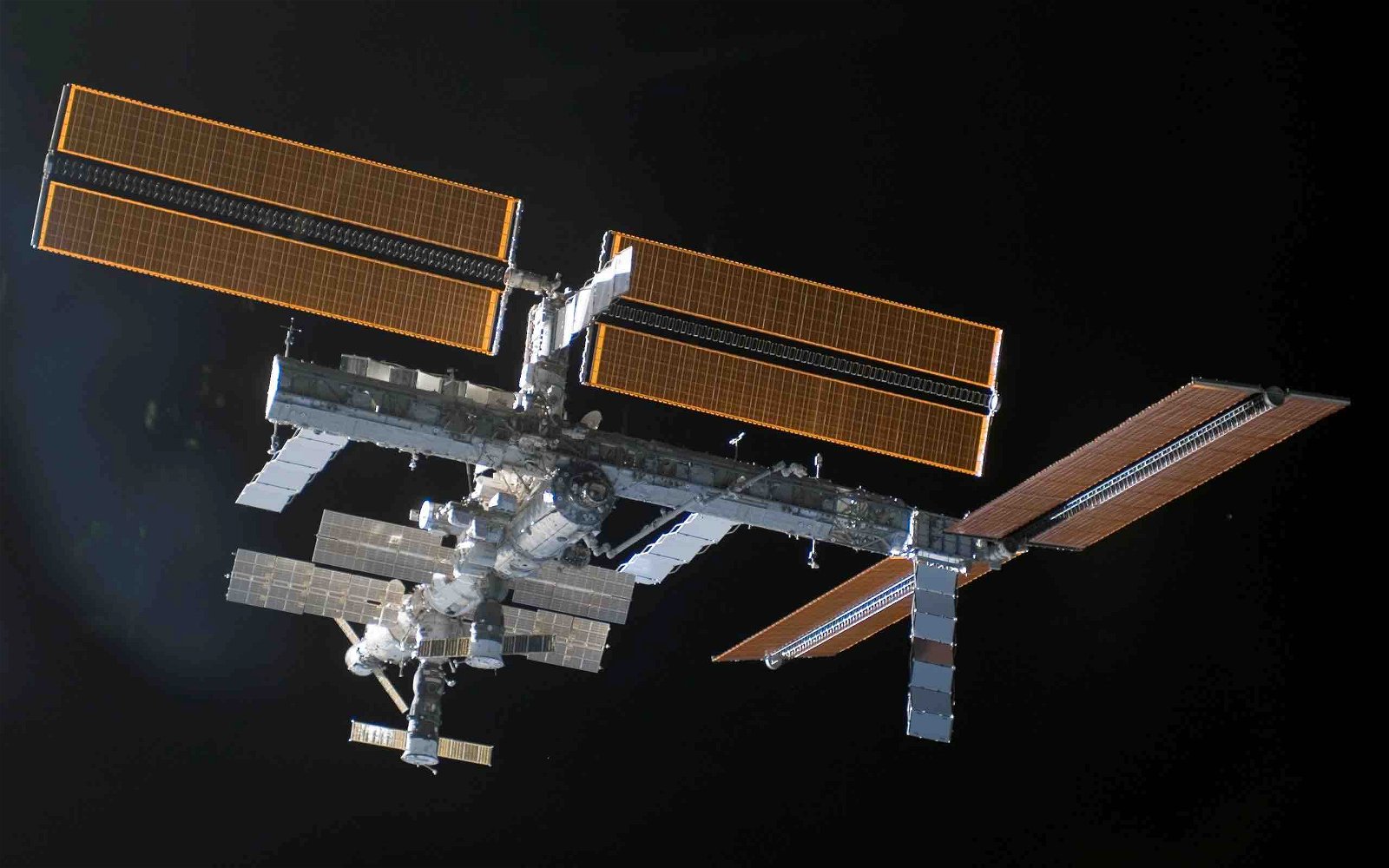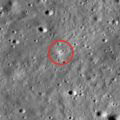Russia says it has agreed to continue to support the International Space Station until 2028 despite mounting tensions between Moscow and Western nations, according to a recent statement from NASA.
“The International Space Station partners have committed to extending the operations of this unique platform in low Earth orbit,” read a statement that appeared on NASA’s ISS blog on Thursday, which also said that participating countries of the European Space Agency (ESA), as well as Canada and Japan, will extend their participation through the end of the decade.
“Russia has confirmed they will support continued station operations through 2028,” the statement read, adding that “NASA will continue to work with its partner agencies to ensure an uninterrupted presence in low Earth orbit and a safe and orderly transition from the space station to commercial platforms in the future.”
In recent years, operations aboard the International Space Station have continued, despite a veil of uncertainty over the ongoing cooperation between the U.S. and Russia that even preceded the country’s invasion of Ukraine last year.
In 2021, Russia announced that it intended to launch its own space station by 2025, with Moscow indicating its potential withdrawal from the ISS, bringing to a close the decades of cooperation in space between the countries.


“The first core module of the new Russian orbital station is in the works,” Dmitry Rogozin, Roscosmos’ chief, said around the same time the announcement was made by Moscow.
A video released by the Energia space corporation also showed its workers engaged in the construction of the module.
Last August, Russia released a new model of its prospective space station, in keeping with its stated timeline to withdraw from operations aboard the ISS by 2025 with the launch of its own independent orbital station.
At the Army-2022 event in Moscow last Summer, Russian space agency Roscosmos said the new station would be delivered in two parts, although no specific timeline was given for this.
Robyn Gatens, International Space Station Division director, called the ISS “an incredible partnership with a common goal to advance science and exploration.”
“Extending our time aboard this amazing platform allows us to reap the benefits of more than two decades of experiments and technology demonstrations, as well as continue to materialize even greater discovery to come,” Gatens added.
Micah Hanks is the Editor-in-Chief and Co-Founder of The Debrief. He can be reached by email at micah@thedebrief.org. Follow his work at micahhanks.com and on Twitter: @MicahHanks.

